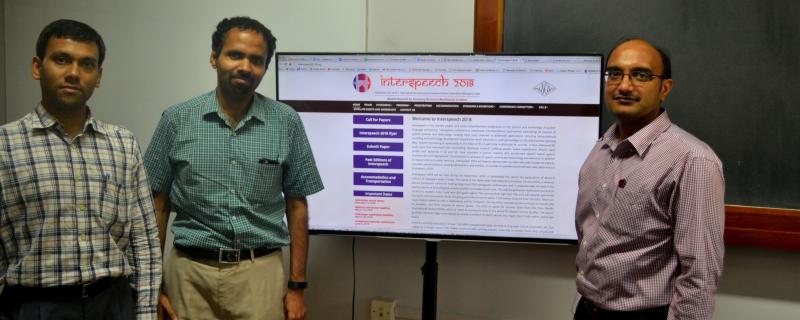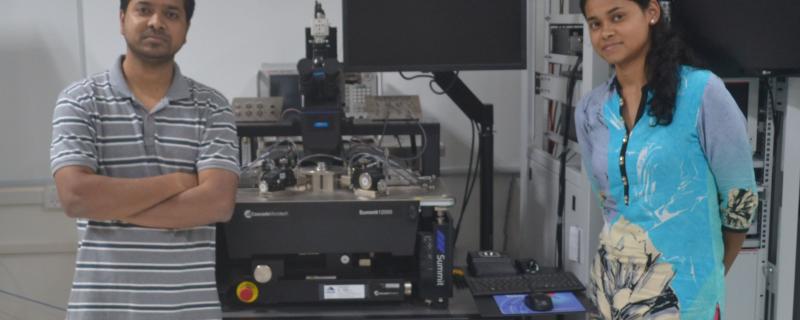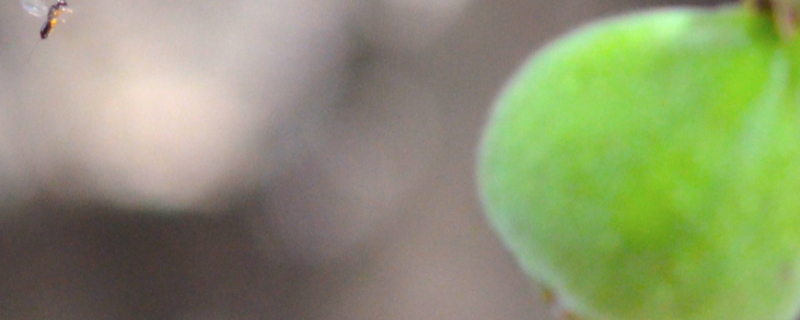Clean drinking water is an essential prerequisite for good health. In a country like India, where 21% of communicable diseases spread through unsafe water, and more than 500 children under the age of five die each day from diarrhoea, the accessibility to clean drinking water is paramount. Researchers from the CSIR-Indian Institute of Toxicology Research, have developed a frugal water purification system, Oneer, to help overcome our water woes.
மும்பை ஐஐடி மற்றும் இந்திய ரயில்வே ஆராய்ச்சியாளர்கள், ரயில்வேயின் செயல்திறனை மேலும் அதிகரிக்க, வாரத்தின் சில நாட்களில் மட்டுமே இயக்கப்படும் ரயில்களை ஒரே குழுவாக இணைத்து, திட்டமிடலில் ஒரு புதிய மாற்றத்தைக் கொண்டுவந்துள்ளனர்









